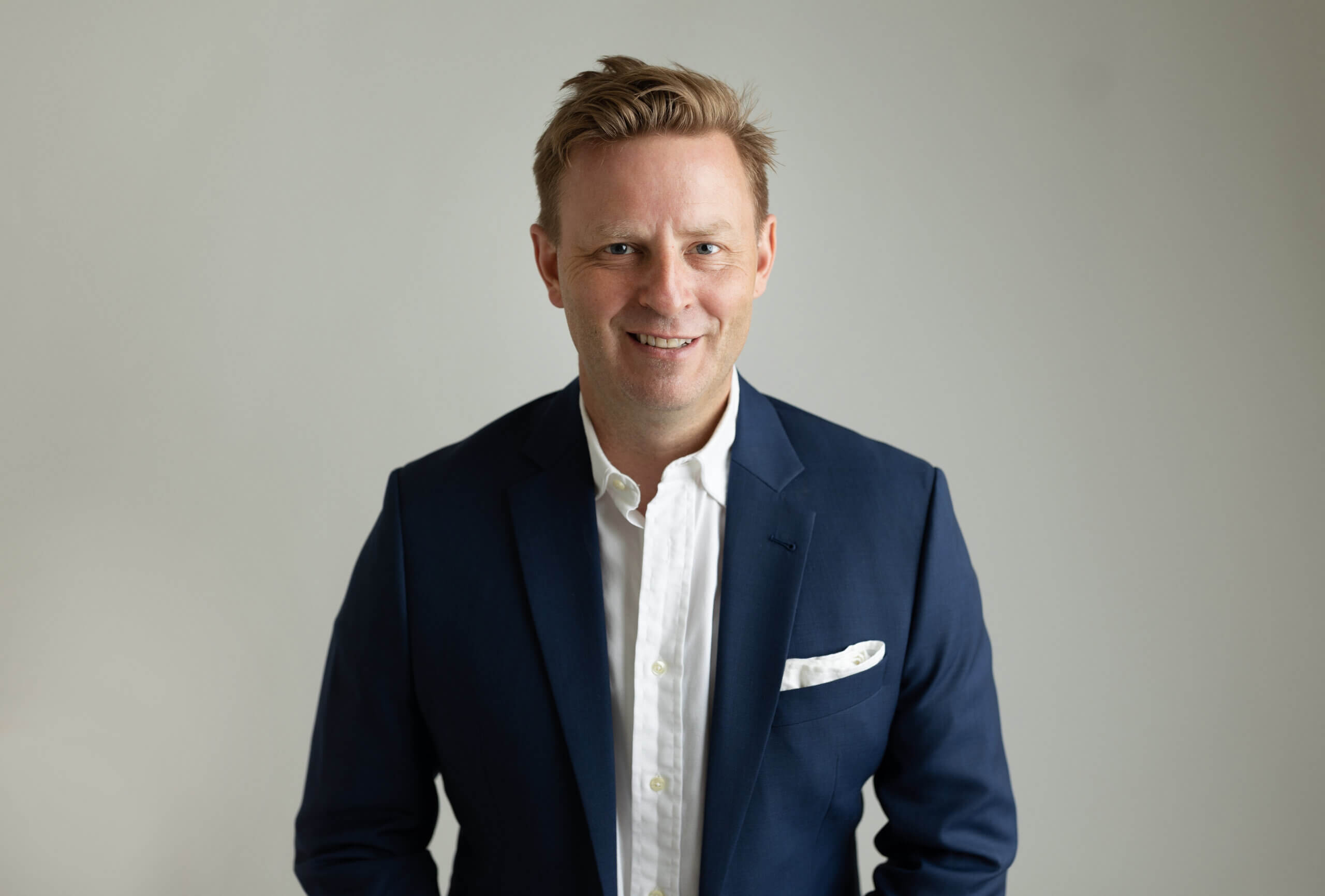After a car accident in Charlotte, NC, it’s common to feel overwhelmed. You may be injured, missing work, or worried about your car. Amid all that, you might get a call from the other driver’s insurance adjuster. They’ll sound friendly and helpful—but before you say anything, stop and consider the risks.
Should you speak to the other driver’s insurance company after an accident in Charlotte? In most cases, no. Here’s why—and what you should do instead, from our Charlotte car accident lawyer.
What Happens Right After a Car Accident in Charlotte
In North Carolina, drivers involved in an accident are legally required to stop, check for injuries, and call the police if there is injury, death, or property damage estimated at $1,000 or more. This typically means filing a formal accident report with an appropriate law enforcement agency.
In Charlotte, and surrounding areas—especially near major roadways like I-77, I-85, or I-485—drivers should call 911 immediately to ensure the appropriate agency responds.
Even if the accident doesn’t meet the legal threshold for a “reportable” crash, we always recommend calling 911 to request an accident report be done. Having a police officer document the incident helps preserve critical facts, can reduce disputes over fault, and may strengthen your claim with the insurance company. Once law enforcement arrives, they’ll assist with traffic control, gather statements, and help both parties exchange information, including names, contact info, driver’s license numbers, and insurance details.
Since North Carolina follows a fault-based insurance system—where the at-fault driver is financially responsible for damages—early documentation of the accident can be essential for proving liability and protecting your rights, especially as insurance companies begin investigating to determine fault and potential compensation.
Why the Other Driver’s Insurance Company Wants to Talk
You may receive a phone call from an insurance representative who works for the other driver’s provider. They’ll ask for your version of events, sometimes within a day or two of the crash.
It might feel routine, or even helpful, but that adjuster doesn’t work for you. Their role is to protect their company’s bottom line. Insurance companies want to:
- Reduce the amount they have to pay on a claim
- Look for statements that may shift blame to you
- Find reasons to deny your injury or property damage claims entirely
For these reasons, it’s best to speak with an attorney before you speak with the other party’s insurance company.
The Risk: How Your Words Can Be Used Against You
North Carolina follows a legal principle called contributory negligence. This means (with a few exceptions) if you’re found even 1% at fault for the accident, you may be barred from receiving any compensation.
This strict rule makes it dangerous to give detailed statements to the opposite insurance company. Even casual comments can be used to cast doubt on your claim:
- Saying “I didn’t see them” might suggest you weren’t paying attention
- Saying “I’m okay” can be interpreted as proof you’re not injured
- Guessing your speed or timeline could be used to challenge your credibility
Your words may be taken out of context or recorded and reviewed later in a way that hurts your case.
What Happens If You’re Asked for a Recorded Statement?
Adjusters may ask you to give a formal, recorded statement “for their records.” It might sound harmless, but giving a recorded statement to the other driver’s insurance company is not required by North Carolina law.
Once recorded, anything you say becomes part of the claim file. Adjusters are trained to ask questions that might make you sound unsure or responsible. Without a lawyer, this can place you at serious legal and financial risk.
What You Can Say—and What You Should Avoid
If the other driver’s insurer contacts you before you’ve hired a lawyer, keep it brief and stick to only the most basic facts:
You can safely share:
- Your name and contact information
- The make and model of your vehicle
- The date, time, and general location of the accident
You should never:
- Admit fault or suggest blame
- Talk about your injuries or say you’re “doing fine”
- Offer guesses or estimates (such as speed or how the crash happened)
- Express opinions about who was responsible
- Agree to a recorded statement or sign anything
If you’ve already hired an attorney, the best answer is: “Please speak with my lawyer.”
Why Legal Help Makes a Difference
A personal injury lawyer in Charlotte can handle communication with the other driver’s insurance so you don’t have to. That means no awkward phone calls, no worrying about saying the wrong thing—and no unintentional mistakes that could cost you money.
Your attorney will:
- Negotiate with the insurance company for a fair settlement
- Protect you from tactics designed to shift blame
- Gather medical records, photos, and witness statements to build your case
- Make sure you meet North Carolina’s deadlines and legal requirements
In a place like Mecklenburg County, where traffic volume is high and car accidents are common, averaging over 36,000 crashes per year according to the most recent data from NCDCR, local knowledge matters. An experienced Charlotte car accident lawyer understands how insurance companies operate and how local law enforcement handles crash reports.
Call Bradford Law Before You Talk to Insurance Adjusters
At Bradford Law, we’ve helped countless North Carolina residents stand up to insurance companies after an accident. We know what insurers are looking for, and we won’t let them twist your words or deny your claim unfairly.
Before you speak with the other driver’s adjuster, call us first. One conversation with our legal team can protect your rights and your future. Don’t wait. Contact Bradford Law today for a free consultation. We’re here to help when you need it most.



